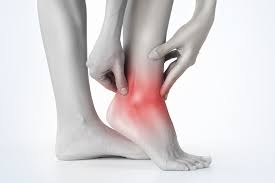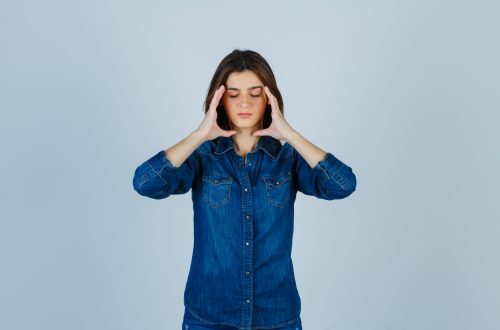Headaches can significantly impact daily life, but there are numerous ways to find relief and prevent their occurrence. Understanding different approaches to headache management can help you develop an effective strategy for pain relief.
Immediate Relief Strategies
1. Hydration
- Drink plenty of water throughout the day
- Avoid dehydrating beverages like alcohol and excessive caffeine
- Monitor urine color to ensure proper hydration
- Aim for 8-10 glasses of water daily
2. Cold or Hot Therapy
- Apply a cold compress to the neck or head for tension headaches
- Use a warm compress for sinus-related headaches
- Try alternating between hot and cold for maximum relief
- Limit application to 15-20 minutes at a time
3. Rest and Relaxation
- Find a quiet, dark room
- Close your eyes and practice deep breathing
- Remove any head accessories (glasses, hair ties)
- Try to get some sleep if possible
Lifestyle Modifications
1. Stress Management
- Practice regular meditation
- Try yoga or gentle stretching
- Implement breathing exercises
- Consider stress-reducing activities like:
- Walking
- Reading
- Listening to calm music
- Taking regular breaks
2. Sleep Hygiene
- Maintain a consistent sleep schedule
- Create a relaxing bedtime routine
- Ensure your bedroom is dark and cool
- Avoid screens before bedtime
- Aim for 7-9 hours of quality sleep
3. Diet Considerations
- Eat regular, balanced meals
- Identify and avoid trigger foods
- Common triggers include:
- Processed foods
- Aged cheese
- Red wine
- Artificial sweeteners
- MSG
- Keep a food diary to track potential triggers
Physical Remedies
1. Exercise
- Engage in regular physical activity
- Start with low-impact exercises
- Include neck and shoulder stretches
- Practice good posture throughout the day
2. Massage Techniques
- Gentle temple massage
- Neck and shoulder manipulation
- Pressure point therapy
- Professional massage therapy when needed
3. Natural Remedies
- Peppermint oil application
- Lavender aromatherapy
- Ginger tea
- Magnesium supplements (consult healthcare provider)
Medical Interventions
1. Over-the-Counter Medications
- Ibuprofen
- Acetaminophen
- Aspirin
- Follow recommended dosages
2. Prescription Options
- Consult a healthcare provider if headaches are:
- Frequent
- Severe
- Accompanied by other symptoms
- Impacting daily life
Prevention Strategies
1. Environmental Modifications
- Ensure proper lighting
- Maintain good air quality
- Use proper screen positioning
- Consider using blue light filters
2. Regular Health Check-ups
- Eye examinations
- Dental check-ups
- Blood pressure monitoring
- Stress assessments
3. Trigger Avoidance
- Keep a headache diary
- Note potential triggers
- Track patterns and frequencies
- Document effective relief methods
When to Seek Medical Help
Consult a healthcare provider if you experience:
- Sudden, severe headaches
- Headaches with fever
- Visual disturbances
- Confusion or disorientation
- Headaches after head injury
- Chronic recurring headaches
Technology and Posture
1. Screen Time Management
- Take regular breaks (20-20-20 rule)
- Maintain proper screen height
- Use appropriate lighting
- Consider anti-glare screens
2. Ergonomic Considerations
- Use proper chair support
- Maintain good posture
- Position keyboard and mouse correctly
- Take regular movement breaks
Alternative Therapies
Consider exploring:
- Acupuncture
- Chiropractic care
- Biofeedback
- Cognitive behavioral therapy
Long-term Management
Create a comprehensive plan including:
- Regular exercise routine
- Stress management techniques
- Healthy sleep habits
- Proper nutrition
- Regular medical check-ups
Remember that headache management is often a combination of different approaches. What works best varies from person to person, so it may take time to find your optimal combination of relief strategies. Always consult with healthcare professionals for persistent or severe headaches, and keep track of what works best for you personally.
By implementing these strategies and maintaining awareness of your triggers, you can significantly reduce the frequency and severity of headaches, improving your overall quality of life.





